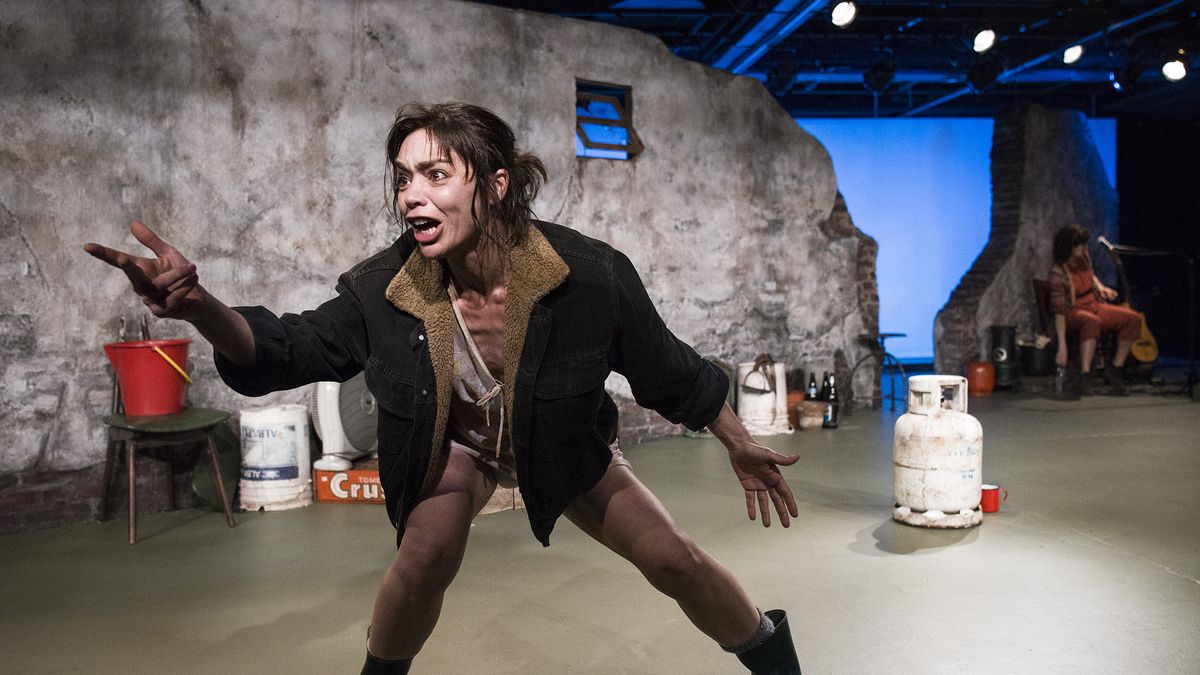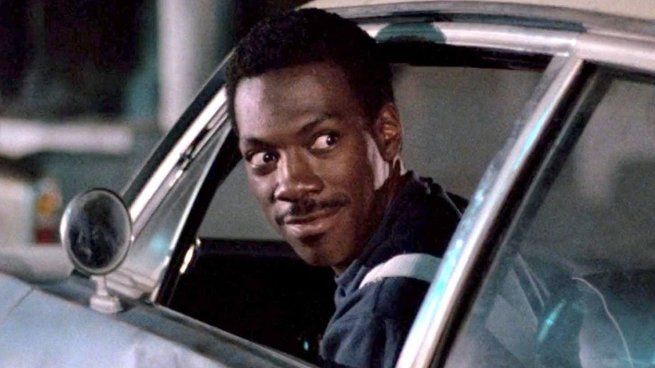“I write strong stories that are common in series but you have to digest them for an hour in the theatre where there is no escape. One wonders who will come to see this so painful, but the audience comes and appreciates it,” says Natalia Villamil, author and director of “Clandestine”, starring White Bethlehem which is being presented this week and next at the Cunill Cabanellas of the Teatro San Martín. It features original music by Guadalupe Otheguy, who will also be the interpreter on stage. The performances are from Thursday to Sunday until September 29. We spoke with Villamil.
Journalist: A woman with a painful episode that left her life split in two, what is the play about?
Natalia Villamil: This is a woman who has an abortion with knitting needles after becoming pregnant from a not entirely consensual relationship. There is some violence but it is not classic rape. She talks to this man, but suddenly it gets out of hand and she cannot account for it. She is a woman who lives in the middle of the countryside, in precariousness in every sense, symbolic, economic and cultural, and she takes this impulse that leads her to the healer.
Q: Does it resonate with the series “Ni una más” or one of the subplots of “Respira,” or the play “Prima Facie,” among so many stories that are addressing not just classic rape but the issue of consent in a friendship or romantic relationship.
NV: Exactly, that is what is happening, and then she has a memory that she tries to construct after her body is taken as an object at different times. The mother takes her without taking charge of what is happening and the veiled appears. There is motherhood from the lack of desire to be a mother and her mother who could not accompany her.
DSC_6401.Clandestine-Natalia Villamil-Belen Blancol-CTBA2024-photo Carlos Furman.jpg
Belén Blanco with the singer Guadalupe Otheguy.
Q: You wrote the novel on which the play is based in 2020, when the law on voluntary termination of pregnancy was being discussed.
NV: Yes, in the book I make it clearer, where I point out that it was an abuse. Belén and I worked on the scene where the protagonist likes this man, she meets him, they dance, they drink wine, they chat, and she gets carried away like a madman. It is more interesting because this is very common when a woman does not know how or cannot say no. She does not find the tools, there is the fact that you have to do what you have to do, if you are chatting there is no other option than to end up having sex. She was laughing and having a good time until it got out of hand, abruptly, and she did not know what to do in the face of the lack of care, so she got pregnant and did not understand why.
Q: In your latest work, “Rota”, you addressed violence and femicide from a mother’s perspective. How does it relate to this work?
NV: I feel it very close to me in writing, there is raw and poetic language, because how to tell it, it is difficult for the spectator to see it. There are two performers, in Clandestina, who transmit rawness. Although both are descriptive, there is a poeticized language to be able to be said and tolerated, because both works are very hard. There is something of the subject in the series, in the cinema, more accessible, because it is interrupted if necessary, in theater it is the actress on stage for an hour and you have to be able to digest what she says. One wonders who will come to see this so painful, and the audience comes and is grateful. It is a monologue but where other characters are constructed, they are forgotten voices, which are not visited.
Q: The trend of women taking centre stage is taking hold. There are several one-woman shows such as “Alma Mahler”, “Animal humano”, and many others, with gender and feminist themes. Why?
NV: There has been a desire to talk about these issues since 2015 onwards, on a massive scale and as a phenomenon. This has spread to the culture. Before, there were one or two of these plays. As for the monologues, they became established since the pandemic when we could not gather people to rehearse, and due to the current economic conditions of production, it is more feasible to put a play on stage with fewer actors.
Q: How did you work on the passage from text to stage?
NV: Belén is an interpreter who knows a lot about theatre, text, and staging. She has a lot of knowledge and we were able to become a creative pair. Being a narrative monologue was difficult because the plays are always in a situation, whereas narrating the story is difficult. Actors have the concept of always doing something, they feel that sitting down to narrate the story is complex. We spent the rehearsals chatting, but it was necessary to build a bond and I began to make decisions that had to do with what she showed with her body. She has a very precise physicality, there was something she proposed from the body that was far from the traditional. We made a hybrid between theatre, the still actress and the continuous movements. She made a dance composition that distances her from the literal.
Q: How do you see theatre and culture?
NV: There are works that work and artists who work, but it is not representative of what is happening. In my case, I feel grateful. I went through the Cervantes and now the San Martín, but I have been working for more than 15 years in the independent self-managed circuit. And it is increasingly complicated due to costs and people who cannot spend. There are complex production conditions and it is difficult to change them. Actors then work in other things and to choose to do theatre, you have to organise the logistics to leave home to work without pay. We naturalise the way of working like this in independent theatre, which is why that theatre no longer exists in Spain.
Source: Ambito
I am a 24-year-old writer and journalist who has been working in the news industry for the past two years. I write primarily about market news, so if you’re looking for insights into what’s going on in the stock market or economic indicators, you’ve come to the right place. I also dabble in writing articles on lifestyle trends and pop culture news.




